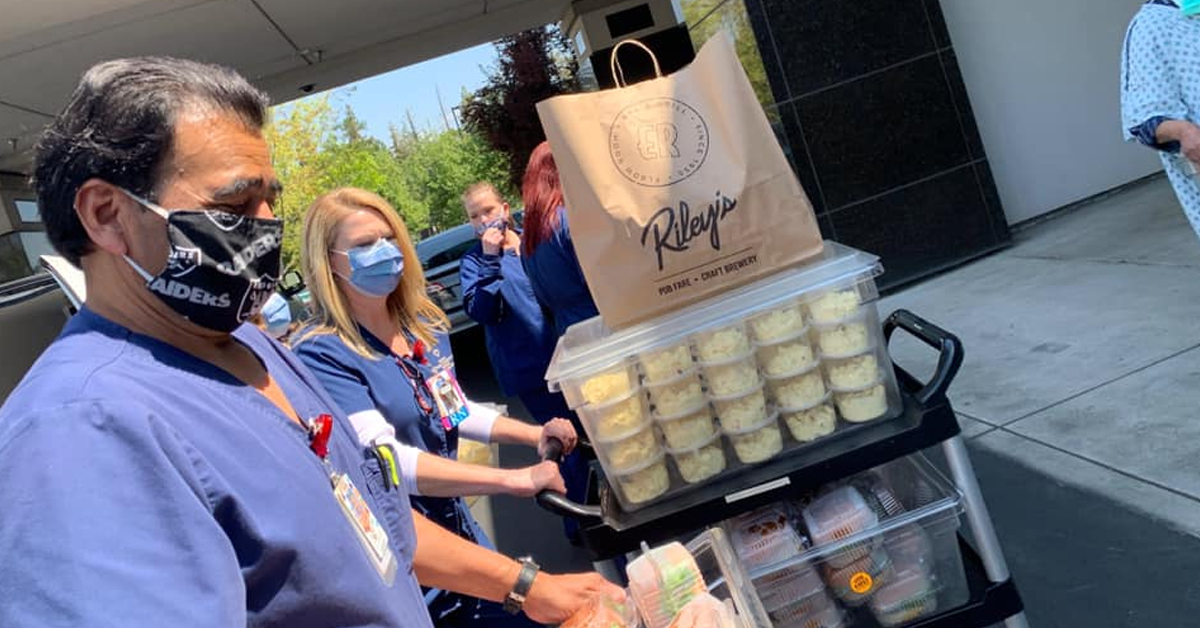QUESTION (from Carey): Aggressive panhandling – how will you curtail it?
BRAND: “Vagrancy/homelessness is an epidemic across this city and we need to address it. It’s not an easy problem. It’s a problem that’s pervasive and complex. There are three approaches.
“One is from the public safety point of view. We have people that are committing crimes. They’re breaking into homes, they’re breaking into houses. There needs to be a public safety component where these people are arrested. We have to work with the sheriff, the judges, to find some consequences to these actions. We also need to work on these recycle centers, which are a magnet for these criminal activities, crimes of opportunity, to rezone these locations to industrial areas, not residential areas.
“There’s also the human component, which is to address mental health and substance issues through places like MAP Point (Multi-agency Access Program). About one month ago the city of Fresno was able to hire about 10 additional case workers to go out. So, when Sgt. Dewey from the Homeless Task Force is called to take a homeless person who is a schizophrenic, there are professionals there who can do transitional housing and offer the help – if they want help.
“There’s no easy solution, but we have to take a comprehensive approach to solve this problem.”
SPEES: “I will pull together a panel of a judge, a top attorney and representatives from both the Police Department and the Sheriff’s Department to come up with a solution for aggressive panhandling that would be registration. Registering panhandlers.
“Giving people the freedom to do what they need to do on the streets … (But) aggressive panhandling is just unacceptable, right? We cannot have people accosting grandmas and their three kids going into Taco Bell. That’s what my wife has experienced.
“So, to put together a task force that would look at registering panhandlers. Not violating their rights, but requiring them to have certain things in place such as the use of a lavatory within walking distance of the place where they’re panhandling. Pressing in on this issue in a way that respects people’s rights and their dignity will eliminate aggressive panhandling on our streets.”
PEREA: “This is an issue that will be taken care of immediately. You know, as a county supervisor we do a lot every day on the issue of homelessness. And just in the last few weeks I convened a homeless summit in this community to talk to all the agencies that are dealing with this issue.
“There was a lot of agreement on what we have done that has been successful and what remains to be done. A major issue. But when you isolate the panhandler issue, there was widespread agreement in that meeting that the panhandler for the most part is not someone who is homeless. It is someone who lives in or around that neighborhood who has figured out that is a good way to make some money.
“From my perspective, yes, you always treat people with dignity. My first position will always be to go to that panhandler and say, ‘Look, here’s a program, here’s a service, here’s a place for a job.’ And I’m going to mirror what the mayor of Albuquerque, New Mexico is doing. Every morning the city crews will go out and they will offer those people a job. And if they don’t take the job and if they don’t take the service and if they don’t take the other opportunities that we may have available to them, then we go into enforcement. Those folks will be moved off those corners.
“Because I’ve talked about quality of life issues in this community – that’s one of them. It’s a big one. We’re going to have these folks off of these corners and into treatment programs. If they choose not to go into those programs, they will not be on that corner. And if you have a city with a mayor who’s dedicated and applies the resources to make sure every day that issue is being dealt with, you won’t see that on our corners anymore.
“But the broader issue – is homelessness still an issue? Absolutely, yes it is. And do we need to treat people with dignity when we’re working with them? Absolutely. But we’re going to do it in a way that we have that balance that is really an imbalance in this community right now. Because we have a taxpayer who is saying ‘How about us? What about our quality of life?’”









